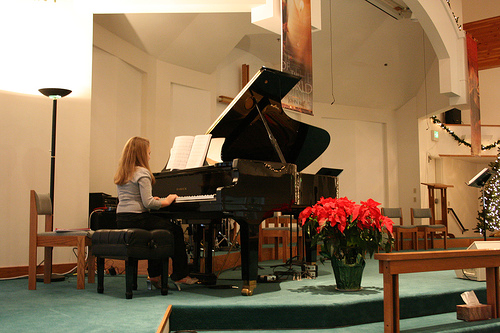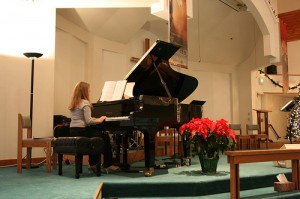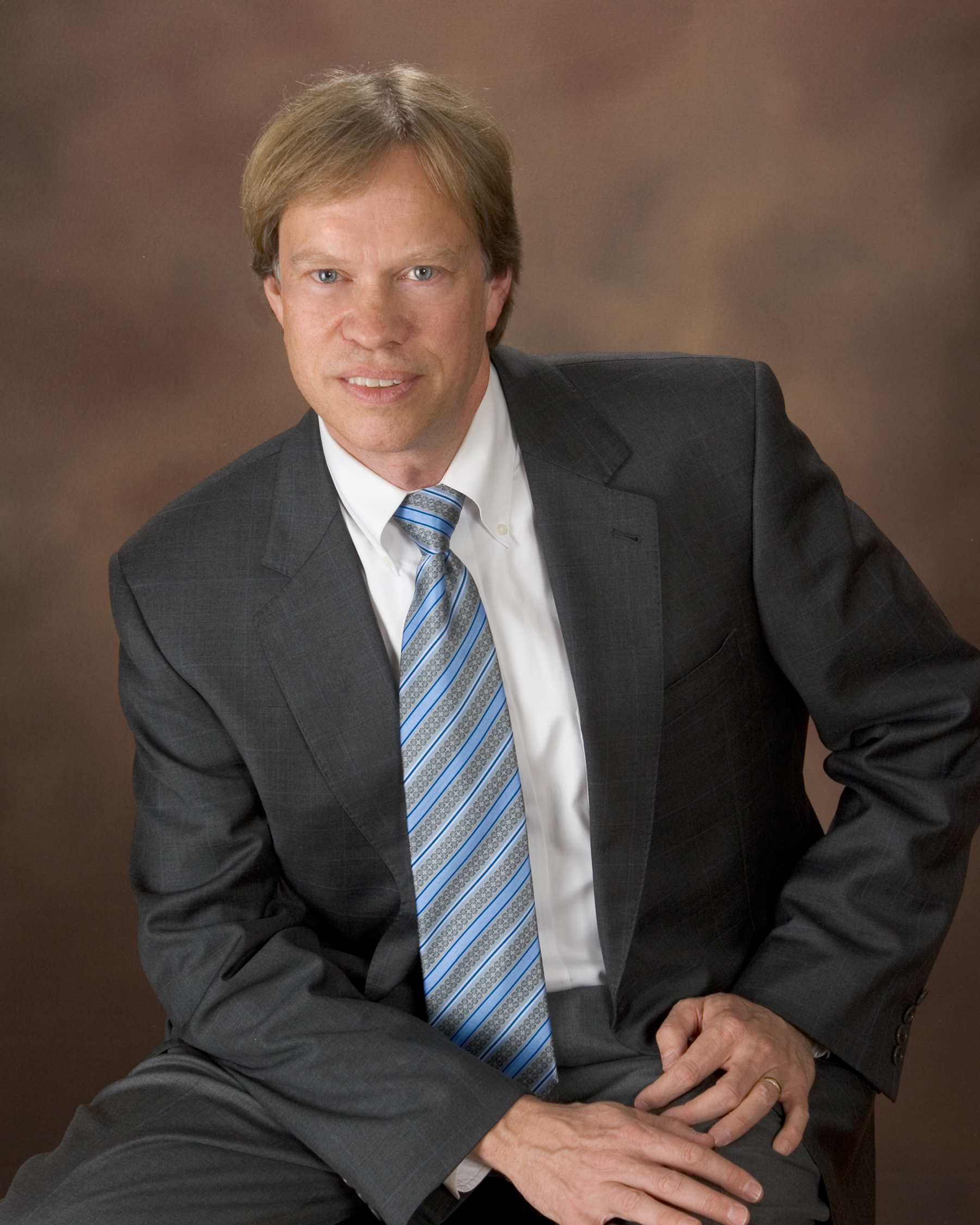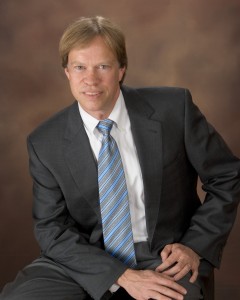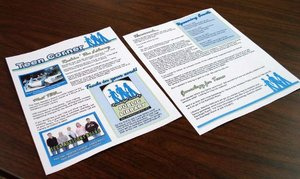 I recently started to do some in-depth planning for the summer camps I plan to offer this summer! My studio policies provide students with two options for the summer months (June-August):
I recently started to do some in-depth planning for the summer camps I plan to offer this summer! My studio policies provide students with two options for the summer months (June-August):
- Students ages 6-12 may participate in a camp each month plus take 5 lessons scheduled approximately every other week around family vacations, or…
- Students may continue weekly lessons (10 total) as normal. Students who choose to continue lessons as normal are welcome to sign up for 1, 2, or all 3 summer camps on top of their lessons if desired, at a special rate.
Because I have such a range of ages/levels in my studio, I decided to make my camps very flexible so that students of a wide range of musical backgrounds (even those with no music background) can attend camp. When my studio is larger, I will probably design camps for certain ages/levels. For this year, I think it’s best to be flexible. I’m encouraging my students to invite their friends to attend camp and I’ll put posters around town too. I’m hoping for a turnout of about 4-8 students attending each camp.
Below are the descriptions I came up with for each camp. What do you think — do they sound like fun?! 🙂 Continue reading “My Summer Camp Plans for 2012!”



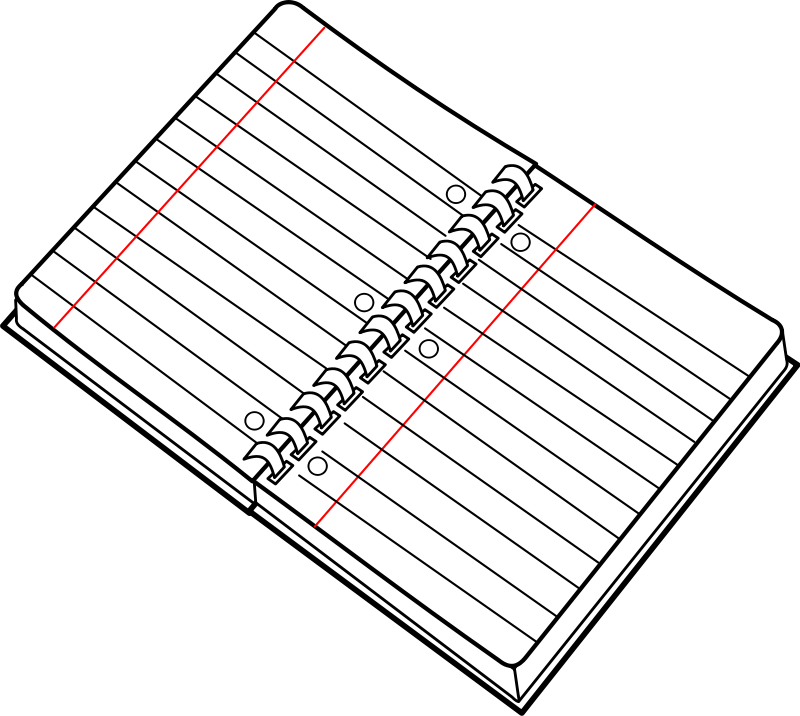
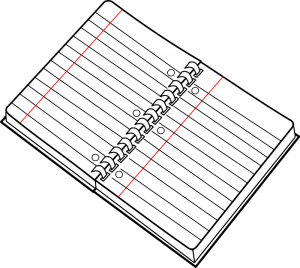
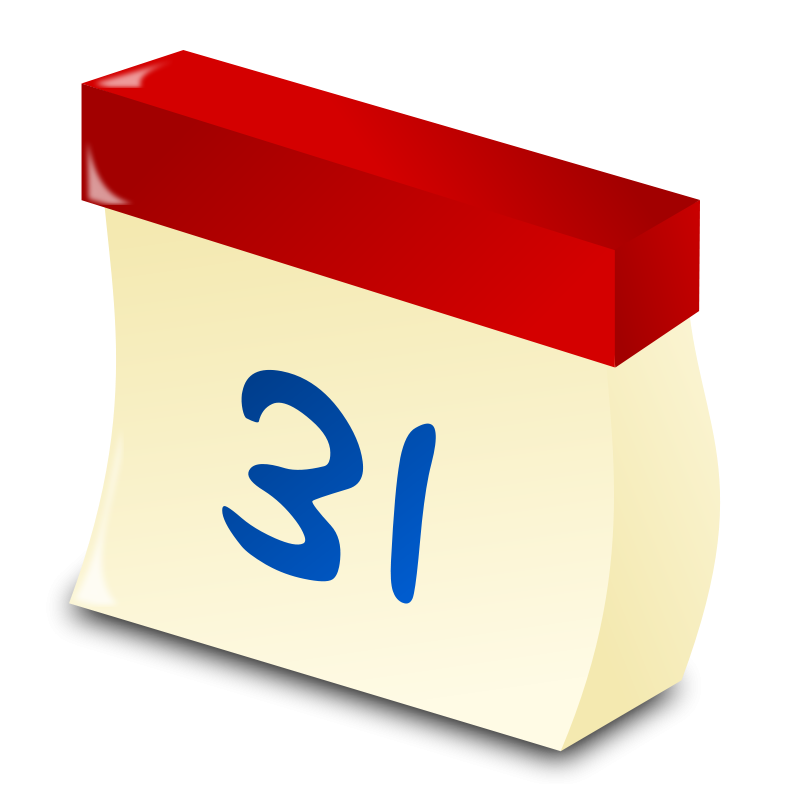
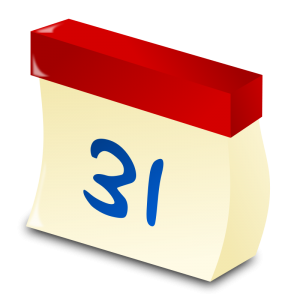


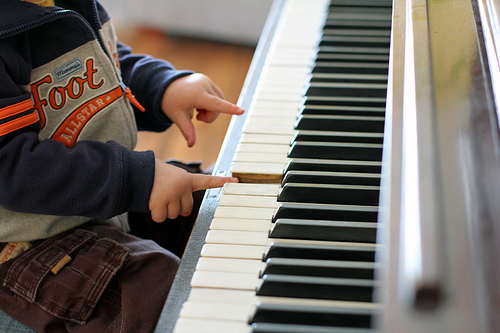
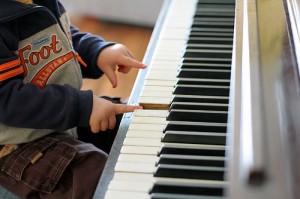
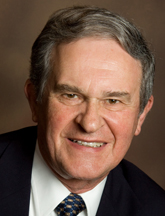
 Here’s another session given by the well-loved pedagogue Marvin Blickenstaff from the 2011 OhioMTA Conference:
Here’s another session given by the well-loved pedagogue Marvin Blickenstaff from the 2011 OhioMTA Conference: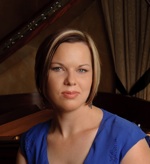 The next session at the OhioMTA Conference was given by Dr. Nicole Biggs, the new piano professor at Bowling Green State University in my town:
The next session at the OhioMTA Conference was given by Dr. Nicole Biggs, the new piano professor at Bowling Green State University in my town: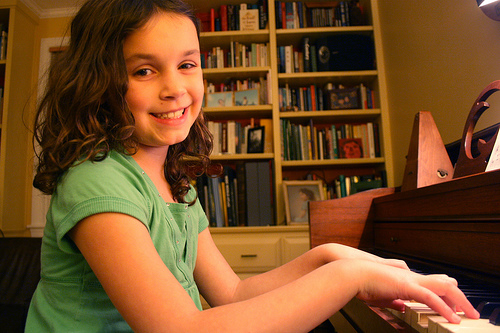
 I apologize for being a bit MIA around the blog lately. I have a couple of projects that I am working on right now for my local MTNA association. One of them is designing a website. It’s about half-way done and if you’re interested in taking a sneak peek, you can
I apologize for being a bit MIA around the blog lately. I have a couple of projects that I am working on right now for my local MTNA association. One of them is designing a website. It’s about half-way done and if you’re interested in taking a sneak peek, you can 